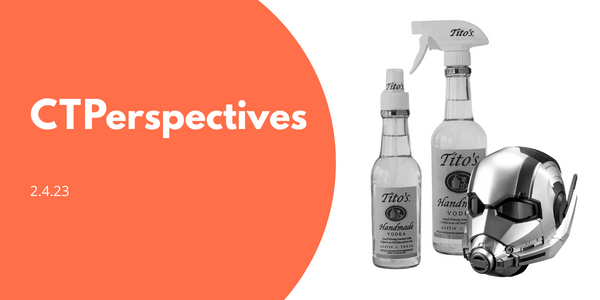
It’s official: no more cigs at CVS. As of yesterday, the retailer ridded 7,700 pharmacies of its remaining tobacco stash and renamed itself CVS Health. Anti-smoking shoppers breathed a sigh of relief. And smoke-free air.
We all know that this was a big move for CVS. And not a cheap one. President Larry Merlo claims that the removal of tobacco products from CVS stores will eliminate $2 billion in revenue potential, at least in the short term.
Of course, it doesn’t take a genius to realize that CVS’s gallant efforts to protect America’s 600 million lungs will drive long-term financial success. The PR halo will not only attract health-conscious, conservative and anti-drug shoppers to choose CVS over competitors, it will position the brand as a health provider of sorts. And, in this day and age, convenient, affordable health care is quite the meal ticket.
CVS Health isn’t just dropping cigarettes. In addition to a revamped web presence, CVS launched #OneGoodReason, a social and digital anti-smoking campaign that encourages followers to share what motivates them to quit. CVS also plans to offer smoking cessation and medication compliance programs on location. Of course, nicotine gum and quit-smoking ads will fill the empty walls behind registers.
But choosing values over profits (at least in the short term) is nothing new. Brands like Warby Parker and Toms sacrifice dollars with every purchase. For better or worse, they often put their philanthropic business models at the centers of marketing efforts.
Still, when a big brand like CVS selects principle over profits, it makes waves. Why? Because it means that brands are people, too.
Information sharing is at an all-time high, causing people to base purchase decisions on more than price, convenience and fit. Consumers have total access to countless facts and opinions that influence brand perceptions. Because of this, they choose to spend money with companies that meet their needs and reflect who they are.
What does this mean for marketers? In short, we need to take a closer look at why brands matter to people. It’s not enough for relationships between brands and consumers to remain strictly business. Instead, value propositions must go beyond consumers’ short-term demands and actively contribute to the greater good. Forward thinking brands find out what matters to their target audience, get involved, and invite participation.
Perhaps President Kennedy (almost) said it best. Ask not what people can do for your brand, ask what your brand can do for people.




